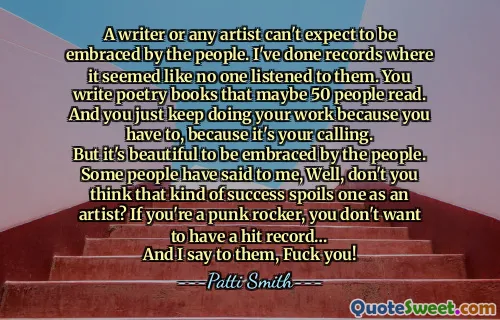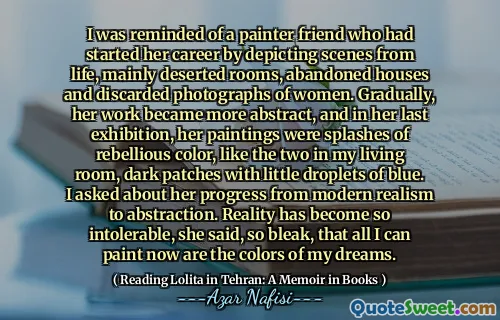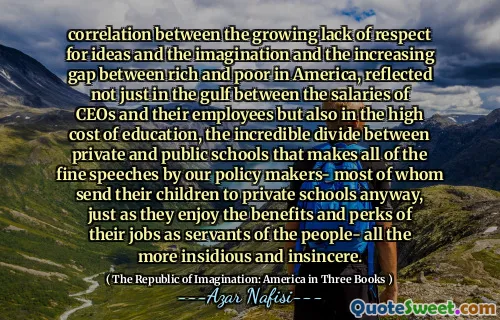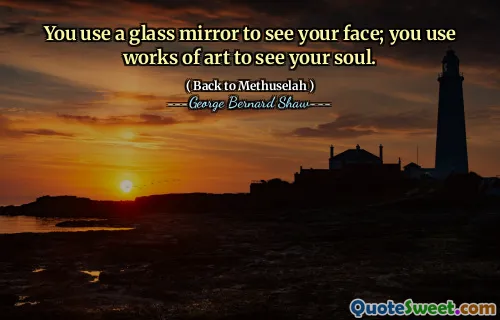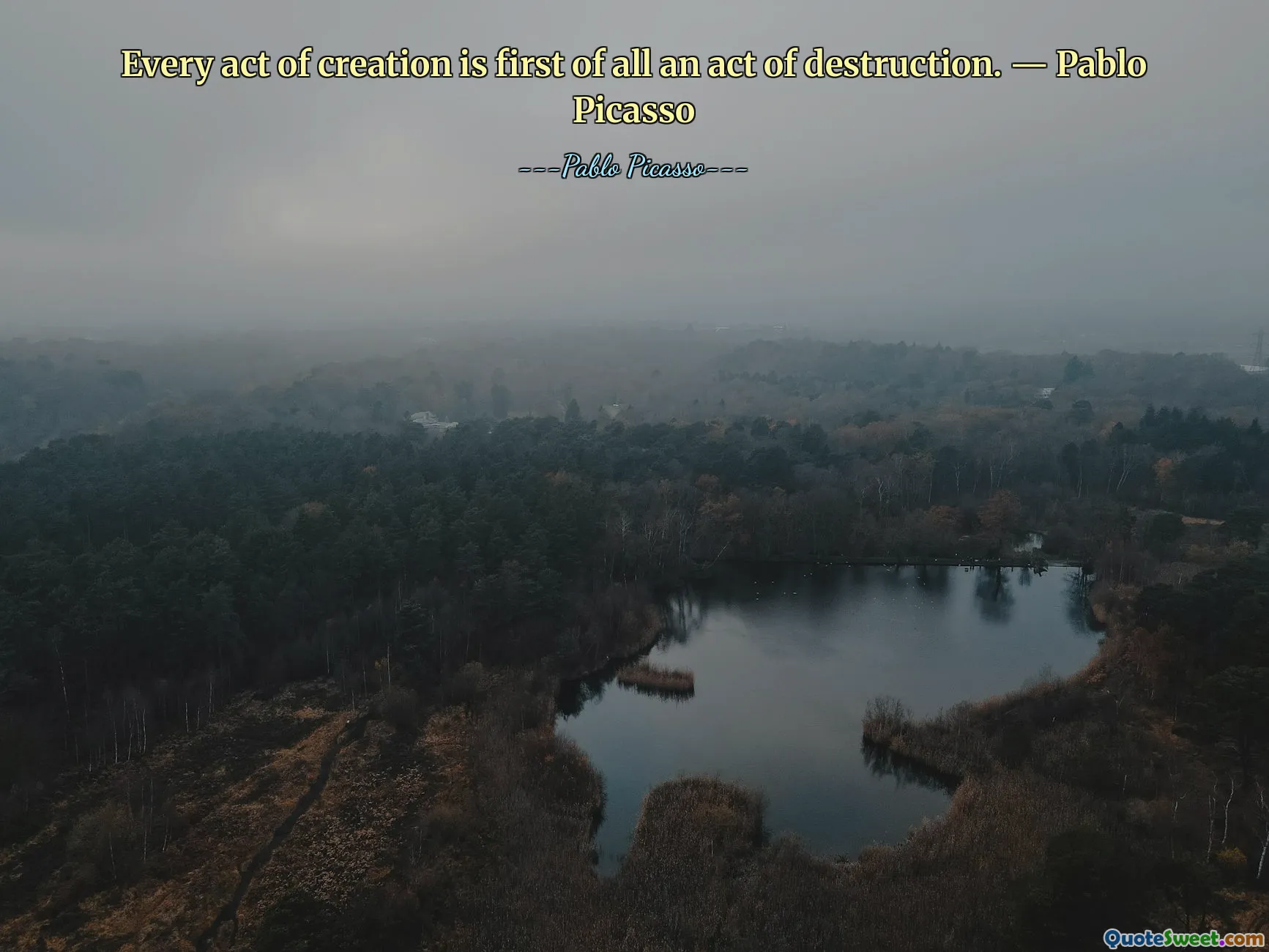
Every act of creation is first of all an act of destruction. ― Pablo Picasso
This quote by Pablo Picasso highlights a profound truth about the creative process. Creation often necessitates dismantling existing structures, ideas, or norms to make room for new concepts and innovations. In many ways, progress involves challenging the status quo, breaking free from conventional thinking, and risking the loss of old familiarities. The act of destruction is not necessarily negative; rather, it serves as a vital step toward transformation and growth. When artists, inventors, or thinkers approach their crafts, they must often dismantle previous assumptions or parts of their work to achieve something original and meaningful.
This perspective reminds us that each act of creation is intertwined with an element of upheaval—whether it be a painter wiping away layers of paint to discover a new form, a scientist discarding outdated theories to develop groundbreaking ones, or even a personal transformation that requires reevaluating one's beliefs. The process is cyclical; destruction clears space for innovation, fresh perspectives, and development. Recognizing that destruction is an inherent part of the creative journey can foster resilience, encouraging creators to view setbacks or the dissolution of old ideas as necessary steps toward achievement.
In broader societal contexts, this concept underscores the importance of allowing space for reform and evolution. Progress often involves tearing down outmoded systems to build better ones. Understanding this dynamic helps us appreciate the complexity and interconnectedness of destruction and creation in all aspects of life. It’s a reminder that sometimes, to create something new and beautiful, we must first let go of what is no longer serving us—embracing change as a necessary vessel for growth.






